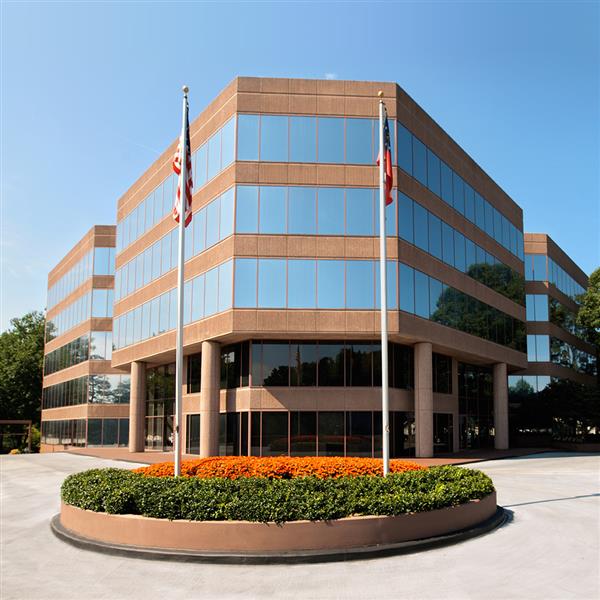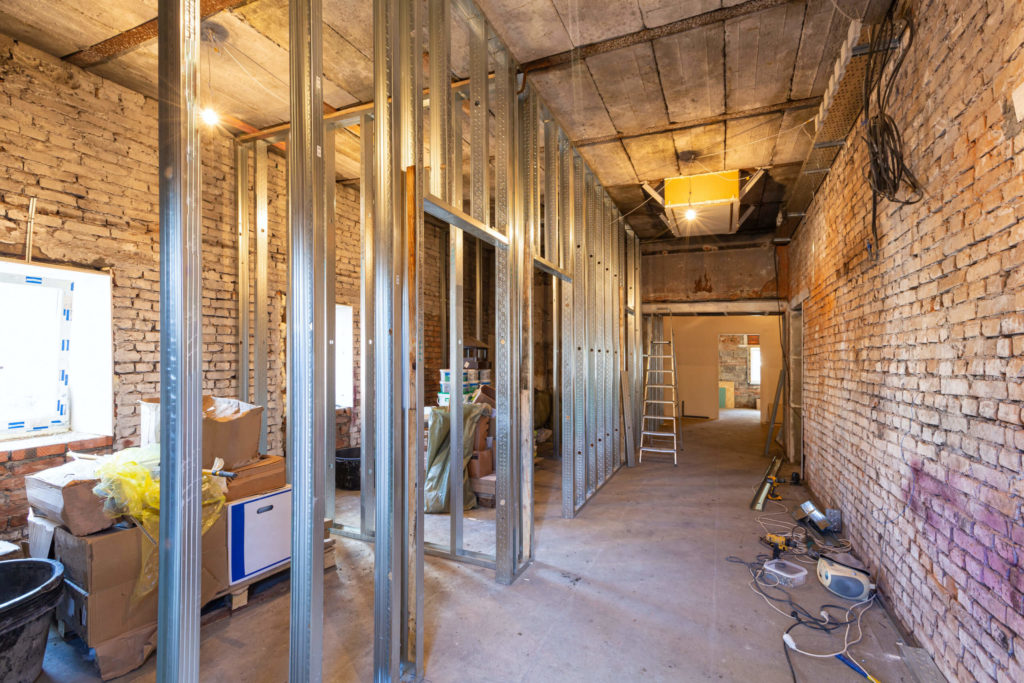Fall weather isn’t the only thing sending a chill down our backs this season. October is
Cybersecurity Awareness Month, and Georgia ranks among the top ten states suffering losses due to residential and commercial real estate fraud.
At this year’s ALTA ONE conference in Colorado, industry experts discussed the dangers of
fraud in commercial real estate, stating that the most common types in 2023 are seller and
borrower impersonation, complex deal structures and fraudulent authority, escrow and earnest money deposit schemes, and BEC and wire fraud. They also warned companies to expect distressed property and foreclosure schemes.
Fraud is a real threat to our industry, so all of us need to safeguard every transaction and know what to do if we become a victim. These six strategies can help protect your business:
Watch Out For Red Flags: Be wary of deals including non-owner occupied and unencumbered land, owner addresses falling outside of the U.S., grammatical errors within communication, emails that demand urgent action and more.
Verify Notaries: You can verify notaries in the state of Georgia by completing a notary index
search at The Clerks Authority website.
Maintain Thorough Documentation: Proper documentation acts as a shield against fraudulent claims and provides a clear trail of the transaction’s legitimacy.
Use In-Person Verification: Face-to-face meetings allow you to confirm identities, assess
credibility and build trust.
Do Independent Research: Relying solely on provided information can be risky. Independent research ensures you can make informed decisions based on accurate and reliable information.
Stay Informed: Stay vigilant about the evolving landscape of real estate fraud. Attend industry events, seminars, and workshops.
At Calloway Title, we use these strategies and more to protect your transactions. Our
investment in top security measures is just one of the reasons why many of the nation’s top
commercial developers trust us to close their deals.
What if you are a victim of wire fraud?
While we hope that none of you fall prey to these schemes, the reality is that nationwide losses from fraud are in the billions every year. So, it’s important to know what to do if the worst-case scenario occurs to minimize your loss. Experts shared these five steps with us:
- Contact both sending and receiving banks and inform all involved parties.
- Make sure that a FRAUD Recall Request is processed.
- Report it to law enforcement – FBI, Secret Service, State Attorney, General Office and
Local Law Enforcement. - Contact your insurance carriers and legal counsel.
- File a Complaint with FBI IC3.
We know that your projects require a large investment of time and money. The best way to
protect your business is to stay informed and vigilant. If you have any questions, need guidance or are interested in working with Calloway Title, visit www.titlelaw.com.















